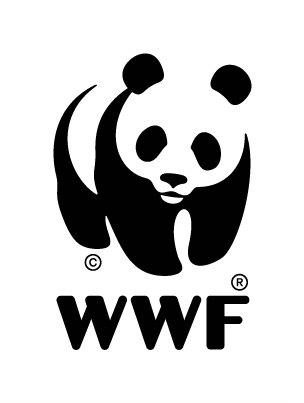According to the latest figures released by the UN Climate Change,the fashion industry contributes to about 10 per cent of global greenhouse gas emissions – due to its long supply chains and energy-intensive production – and consumes more energy than the aviation and shipping industry combined.
We are now collecting the locations of sustainable fashion in Hong Kong to produce a map of the point of sales of sustainable fashion and essentially a shopping guide. If you are interested to understand more on sustainable fashion and how to explore sustainable fashion near you and thus ways to achieve a low carbon lifestyle, check out the recording of our online workshop
You may also reduce the Life cycle impact of clothing by learning about the properties of different fibres, cleaning and caring them properly. Check out the Caring Guide now to extend the life of your clothes!
